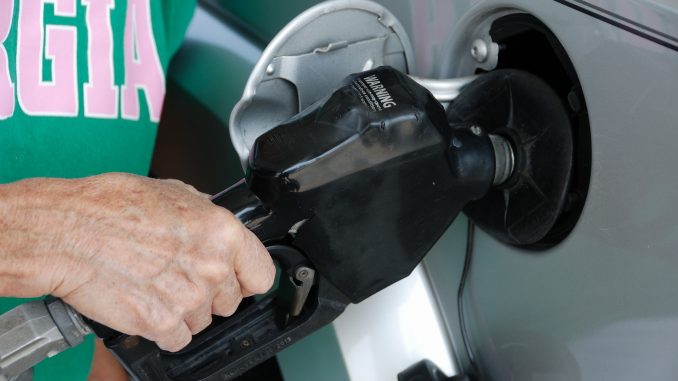
The shockwaves that reverberated around the automotive world following the ‘dieselgate’ scandal in 2015 were vast – and they show no signs of abating. Considering it led to almost 1m tonnes of excess pollution, it was always obvious it would strike a significant blow on the diesel automotive market. Yet the continued impact of the scandal has shocked many.
Throughout the world, sales of diesel cars looks to be falling, the value of second-hand diesel vehicles is dropping, and car-makers are focusing their efforts more and more on hybrid and electric models. This, combined with various governments’ attempts to relieve the effects of air pollution in major cities around the world, has left diesel facing a bleak future.
The Volkswagen emissions scandal revealed that some 11m cars over a six-year period had been intentionally programmed to activate emissions controls in laboratory testing only. Some produced up to 40 times’ more NOx – nitrogen oxides emissions, which are linked to air pollution – in ‘real-world’ driving.
As rapidly as car technology is improving – particularly in relation to the environment – the research and development required to make diesel cars anywhere near as environmentally friendly as their electric or hybrid counter-parts is simply seen as prohibitive. And the toxic emissions they produce – those which are harmful to human beings – is where the real problem lies.
Petrol cars pollute roughly 30 per cent less than diesel vehicles after going through a three-way catalytic converter – technology which is hugely expensive for diesel vehicles.
Governments are cracking down – and manufacturers are responding.
Both France and the UK have pledged to end the sale of diesel and petrol cars by 2040.
France has also introduced ‘Crit’Air vignettes’ – a strategy involving six different stickers to go on windscreens showing the harmful emissions of the vehicle in question. On days in major cities when high air pollution is a risk, high-pollution vehicles can be refused entrance on the basis of their sticker. Motorists who drive to France – especially from other European nations – are being warned that they will also have to comply by such laws or face severe financial penalties.
Air pollution has reached such critical levels in China that the government is hedging its bets on electric vehicles as it also threatens to ban diesel vehicles.
In response to these moves, major car manufacturers such as Ford, Mercedes and BMW are offering scrappage schemes for diesel cars in exchange for money off purchase of a new model. Swedish car giant Volvo has vowed to make solely hybrid or electric cars by 2019, but not all are on board. Daimler CEO Dieter Zetsche has launched a staunch defence of diesel vehicles, insisting that they can be part of a holistic strategy to reduce greenhouse gases – claims backed by Jaguar Land Rover.
But the entire episode also raises questions on a larger scale. Governments in 11 European nations are handing out subsidies worth £80bn a year to fossil fuel industries, with the bulk of that going on transport.
Many of those countries have for years encouraged the use of diesel cars, incentivising their use to help them hit targets reinforced by the belief that diesel was better for the environment.
In 2014, indirect subsidies totalling €27bn went to diesel cars as they were taxed at some 14 per cent less than petrol car equivalents. That amounts to €2,600 per vehicle, helping to explain the popularity of diesel cars on the continent.
Globally, many countries – including India – have cut those subsidies, yet those that have not suggest that diesel cars may still have a future.


Leave a Reply